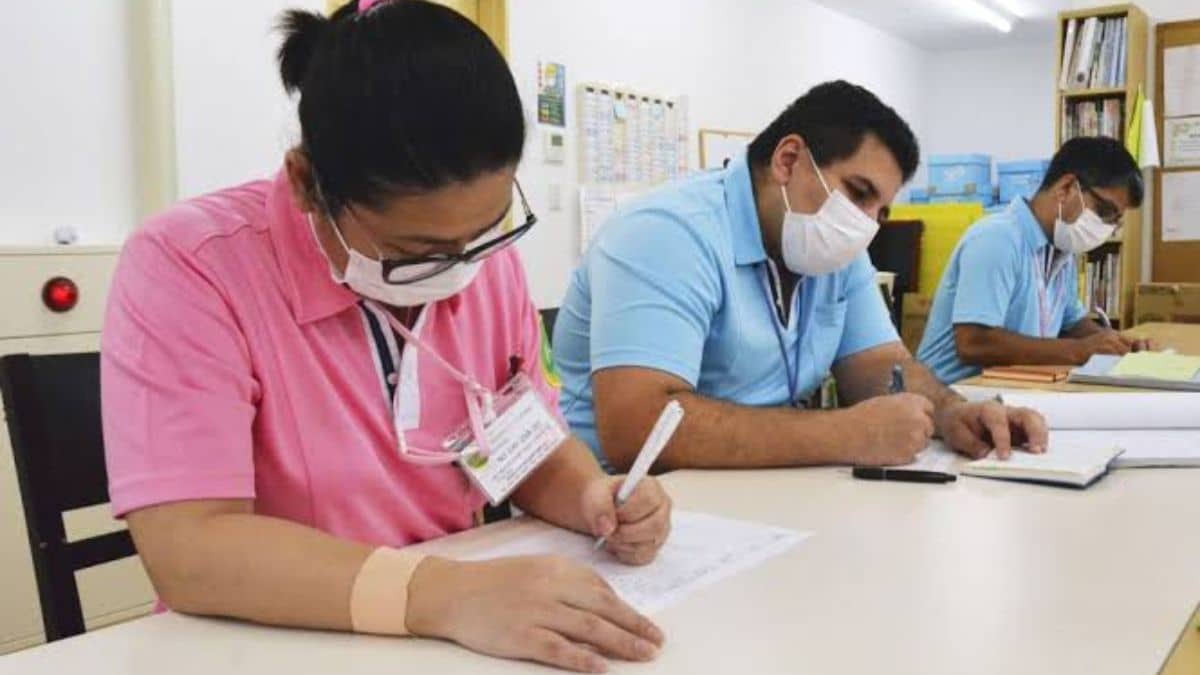In a significant policy shift to address Japan’s impending caregiving crisis, the government is set to overhaul its national exam system for certifying care workers. The reforms, slated for introduction in fiscal 2025, mark a bold step towards accommodating foreign nationals seeking to enter the caregiving sector, crucial as Japan braces for a surge in its elderly population by 2040.
Currently, the certification process entails a rigorous annual exam covering 13 subjects, including dementia care and communication skills. To pass, prospective care workers must achieve a minimum 60% score across 125 multiple-choice questions. Under the revised system, the exam will be divided into three parts, allowing candidates to retake only the sections they previously failed.
This modular approach is expected to alleviate the burden on repeat test-takers, particularly foreign nationals in the caregiving sector. With approximately 43,000 foreign workers already contributing to nursing homes under specific visa categories, such as “specified skilled worker” and “technical intern trainee,” the new measures aim to boost the number of certified care professionals, currently standing at about 10,000.
The reforms not only aim to increase the pass rates among foreign applicants—currently below 40%—but also offer significant incentives. Certification would grant workers greater job security and the ability to extend their stay in Japan, with options to bring their families along. Moreover, facilities typically offer higher wages to certified personnel, making the certification a coveted achievement.
Professor Terumi Yoshida of Nagoya City University suggests further extending the stay period for those retrying the exam, acknowledging the challenges faced by foreign workers balancing work and study commitments.
With an anticipated shortage of 570,000 caregivers by 2040, the overhaul is a proactive response to ensure an adequate workforce capable of meeting the complex needs of Japan’s ageing population. The certification, established in 1987, underscores the pivotal role of care workers in supporting elderly and disabled individuals in nursing homes nationwide.
As Japan prepares for the demographic challenges ahead, these reforms signal a critical strategy to attract and retain skilled caregivers, both domestic and international, ensuring the sustainability of its healthcare infrastructure in the decades to come.

